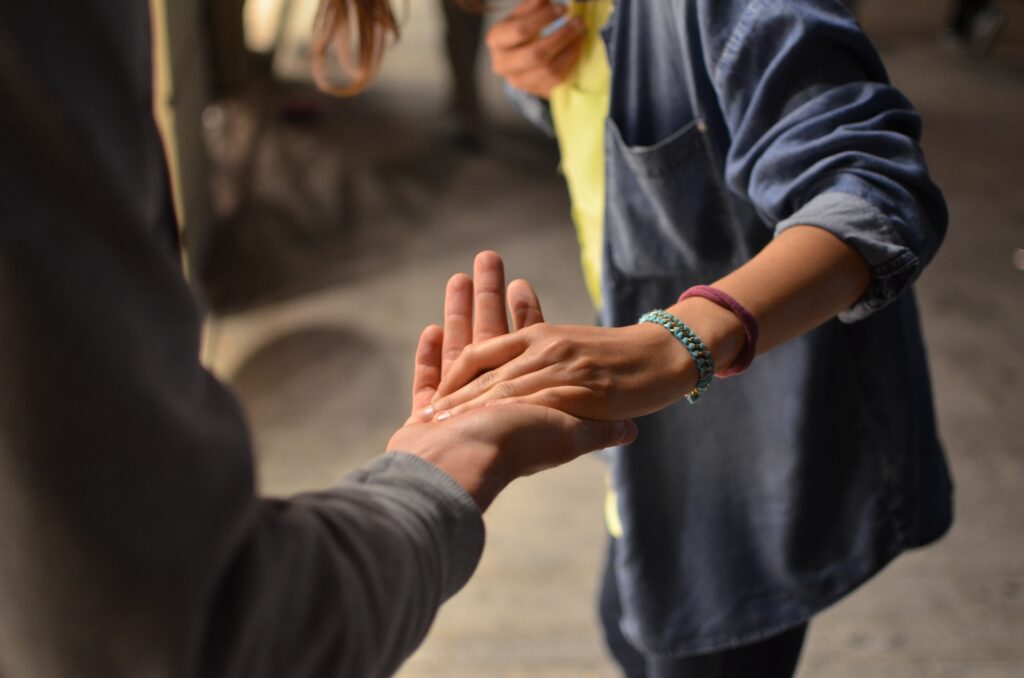Learned helplessness is a psychological concept that refers to a condition in which an individual develops a sense of powerlessness and becomes passive in response to adverse or challenging circumstances. This guide aims to provide an overview of the treatment options available for learned helplessness and strategies to overcome this condition.
Therapeutic Approaches
- Cognitive-Behavioral Therapy (CBT): CBT is an effective approach for treating learned helplessness. It focuses on identifying and challenging negative thought patterns and beliefs that contribute to feelings of helplessness. Therapists work with individuals to develop more adaptive coping strategies, problem-solving skills, and self-efficacy.
- Psychoeducation: Education about learned helplessness and its impact can help individuals understand the underlying causes and develop a sense of empowerment. Learning about cognitive distortions and the influence of external factors can facilitate the process of change.
- Skill-building and Goal-setting: Helping individuals develop and strengthen their skills in various domains can increase their sense of competence and self-belief. Setting realistic and attainable goals encourages motivation and fosters a proactive mindset.
- Graded Exposure and Behavioral Activation: Gradually exposing individuals to challenging situations or activities and encouraging them to engage in pleasurable and rewarding experiences can help overcome learned helplessness. This approach focuses on breaking the cycle of avoidance and building positive reinforcement.
- Social Support and Connection: Creating a supportive network of family, friends, or support groups can provide encouragement, validation, and assistance during the recovery process. Social connections can serve as a buffer against learned helplessness by fostering a sense of belonging and empowerment.
Self-Help Strategies
- Challenge Negative Thoughts: Identify and challenge negative, self-defeating thoughts and replace them with more positive and realistic ones. Recognize cognitive distortions such as overgeneralization or personalization.
- Cultivate Optimism: Practice positive self-talk and focus on personal strengths and achievements. Celebrate small victories and cultivate an optimistic outlook, even in challenging situations.
- Build Resilience: Develop resilience by improving stress management skills, practicing self-care, and engaging in activities that promote physical and mental well-being. Regular exercise, adequate sleep, and relaxation techniques can contribute to overall resilience.
- Seek Support: Reach out to trusted individuals, such as friends, family, or professionals, for support and guidance. Share experiences, express emotions, and seek advice when needed.
- Take Small Steps: Start with small, achievable tasks and gradually increase the level of difficulty. Breaking larger goals into smaller, manageable steps can enhance motivation and success.
Conclusion: Overcoming learned helplessness requires a multifaceted approach that combines therapeutic interventions, self-help strategies, and social support. By challenging negative thoughts, developing skills, setting goals, and seeking professional assistance, individuals can regain a sense of control and empowerment. Remember, recovery takes time and effort, but with persistence and a proactive mindset, it is possible to break free from the cycle of learned helplessness and cultivate a more resilient and fulfilling life.



